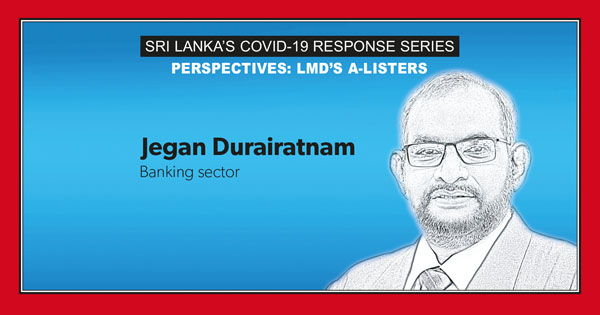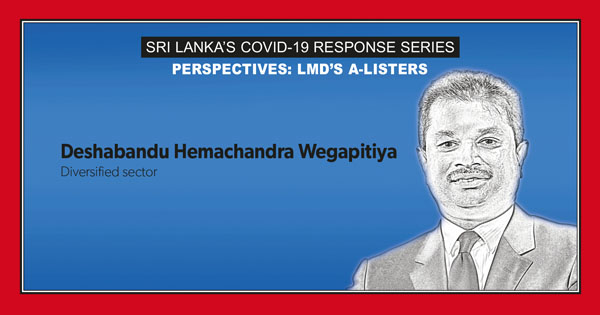REDEFINING THE START-UP CULTURE
A: If you look at the impact of this pandemic, it has affected everyone from all countries whether they’re developed or developing, or rich or poor. None of us has been prepared. The world wasn’t competent enough to prevent such a large-scale pandemic and the global health sector has failed us. Right now, there are well over three million confirmed cases globally. Resolving this issue, as we currently stand, will take 12-18 months; and this is dependent on when a vaccine will be available.
As business slowly grapples with this change, we need to reimagine a new post-COVID economy driven by technology – one that is highly automated in production and other infrastructure, and minimises human contact. We already see a higher level of confidence in technology, which is causing changes in consumer behaviour that veer away strongly from traditional methods.
The use of drones, IoT sensors, robots and machines will become even more commonplace, and be permanent fixtures of the new digital economy.
Q: What is the outlook for jobs and employment in the medium term? And how should the authorities address the prospect of rising unemployment?
A: Globally, it is estimated that over 200 million people will lose their jobs. Globalisation, which enabled companies to source, produce and distribute products at the lowest-cost locations around the world, has been dented. Now it’s not global; everybody is talking about local.
Authorities should review whether closed economies ought to make a comeback so that countries can become self-reliant and more immune to global shocks. Food security, healthcare and supply chain resilience will become key priorities. There will be increased scrutiny on citizens through tracking and tracing, leading to lower individual privacy.
There are expedited efforts by governments across the globe to introduce e-services. They include legal services and redressal, immigration and passport services, and digitisation of ministries and other various institutions, all of which seemed impossible at the beginning of this year but is becoming the new normal.
Q: How do you see the ‘new normal’ for business panning out?
A: The COVID-19 pandemic has been a great equaliser in many ways. In the post-COVID era, all businesses – big and small; old and new – will recommence operations as start-ups. Faced with unfamiliarity, they will be required to rapidly innovate around new needs and consumption patterns. Those who adapt quickly to digital systems will wield a competitive edge.
Look for opportunities amid adversity. Prospects will spring up locally in supply chains and sourcing. Vast potential lies in sectors such as online learning (education), online banking and financial services, healthcare and medical services, agriculture, delivery, food processing and more.
Cash is king and will be key in the short term. Business will need to look at variable cost models and reduce overall business costs, and redesigning supply with second sources. Personally, lots of things have changed for us and they will keep changing – for example, the way we consume, where we live, the need for higher hygiene standards, shift towards more DIY ways of living.
We have also seen a reduced need for mobility, a sharpened focus on health and wellbeing, and a strengthening of community bonds. There will be also be social change that will recognise the other side of life, which we might have been too busy to acknowledge in the past. Empathy, unity, philanthropy, and an increased concern for the wellbeing of the community and people’s lives will be seen.
The post-COVID world is going to be a significant turning point in our history. We are at the cusp of a new world order and this will go on for 12-18 months before we see any realignment towards pre-COVID times.
[wprpw_display_layout id=2]





